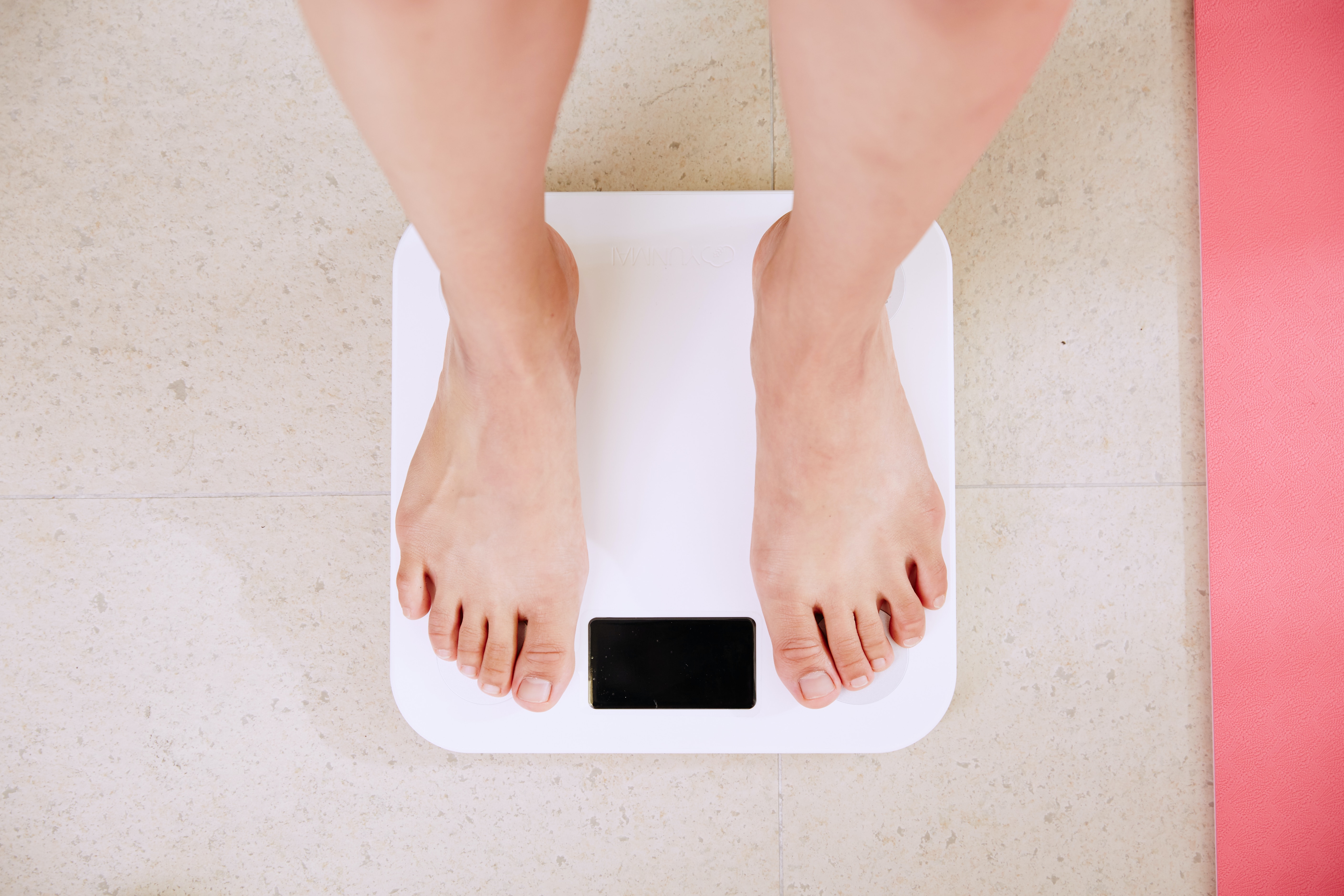Foto: Unsplash
Keto, Weight Watchers, intermittent fasting, low carb, paleo, Sonja Bakker. There are quite a few, dietary forms. But losing weight through a diet is still a thing. Because our body apparently counteracts the waste process during diets. But how does that work?
Anyone who has ever tried a diet will certainly recognize it. At the start of the weight loss process, the first kilos come off quite quickly. But getting other kilos off or staying on weight, that’s a different story. And it often happens that someone eventually regains their original weight or gains more weight. And there arises an endless struggle with kilograms.
Why dieting is so hard
The scientific magazine Quest explains how that works. If you initially weigh 90 kilos, it takes more fuel to provide that body with energy than if you weigh 70 kilos. In short, it means that a fat person consumes more calories than a skinny one. If you lose weight, your energy needs will decrease.
How does that work with diets? You feed or fill your body less, so your body gets less fuel. That’s why you lose weight. But after a while your energy requirement also decreases, so that your body actually needs everything you eat. That means you have to eat even less to lose more kilos. But that is of course not always healthy.
Body in low-power mode when losing weight
People who lose weight also burn less energy than people who do not follow a diet. In the dropouts, the body saves energy to handle ‘food shortage’. And from an evolutionary point of view, there is quite a smart idea behind that. Because in the past it could be that there was less food available. The body is then able to waste little energy.
But this evolutionary approach works against a waste process. Your body then works on the low-power mode. You need fewer calories and your energy needs are reduced because you weigh less. This so-called savings position can last for months.
Quest concludes that when you lose weight you are fighting a ‘dual enemy’. A thinner body has a lower energy requirement than your previous body. In addition, a body that lost weight uses that energy ‘frugally’.
Anti-diet
Earlier, anti-diet dietitian Celien Rombouts told the Belgian The newspapaer that the majority of diet attempts fail. “We know from studies that 95 percent of diets fail and that 80 percent of people who lose a lot of weight through a diet are back to their old weight after four to five years or even heavier than before. If a drug was only 5 percent effective, no one would take it, right? So why do we continue to diet?”
According to Rombouts we have to go back to intuitive feeding. We eat when we are hungry and stop when we are full. She compares it to the eating behavior of a baby, who knows exactly when to eat or not. And force your children to eat a fruit snack completely? Or constantly talking about food, diets and weight at home? Don’t, according to Rombouts. Take the focus off the weight, put the scale in the closet, and let go of unrealistic goals. She advocates a focus on a healthy lifestyle that suits your body. And no, the bodies on social media or the beauty ideal of size S or M are not the benchmark in this.
Trainers Reveal Popular Fitness Exercises They Never Do (and Why)
Did you see a mistake? Mail us. We are grateful.
2023-05-19 17:32:27
#body #resists #diets #explains #diet #attempts #fail



Respond to article:
Your body resists diets and that explains why diet attempts fail